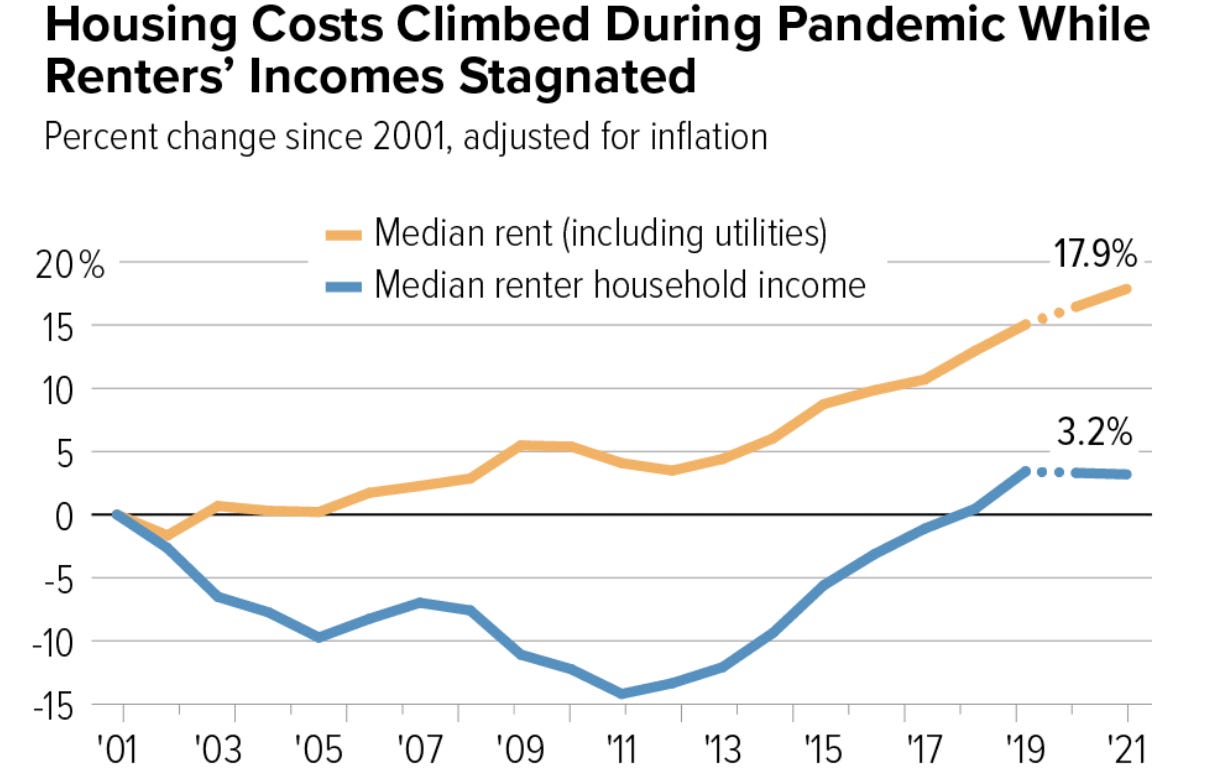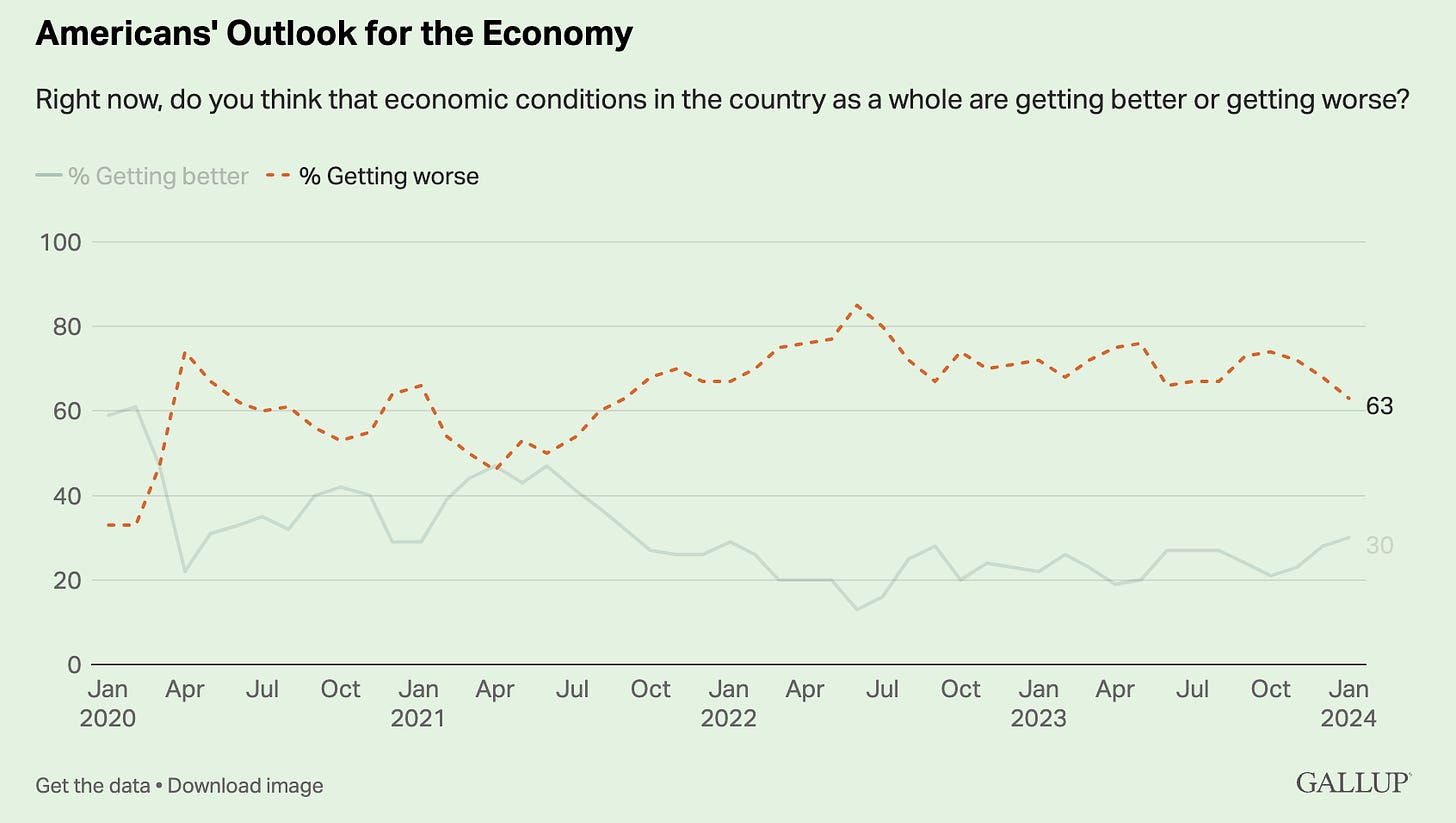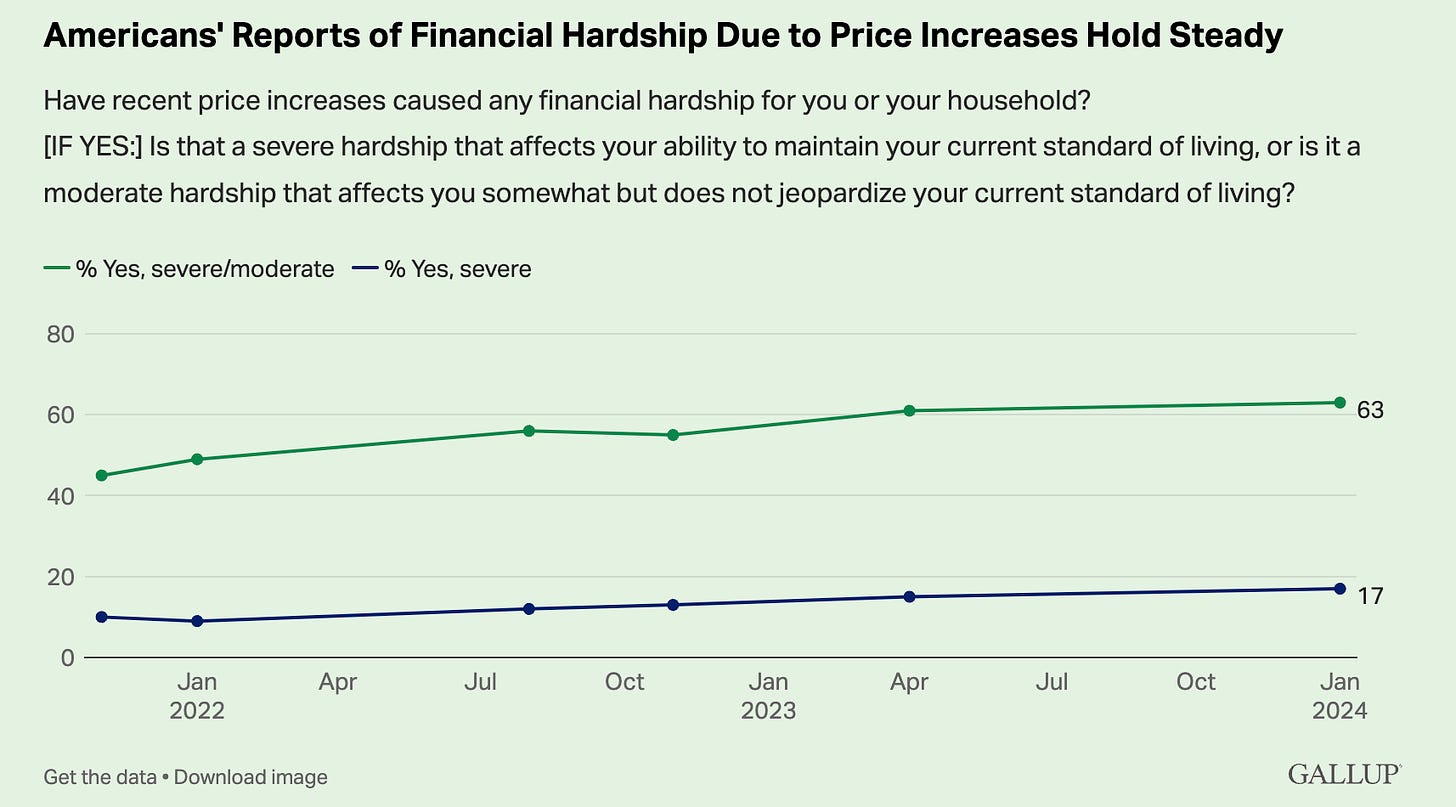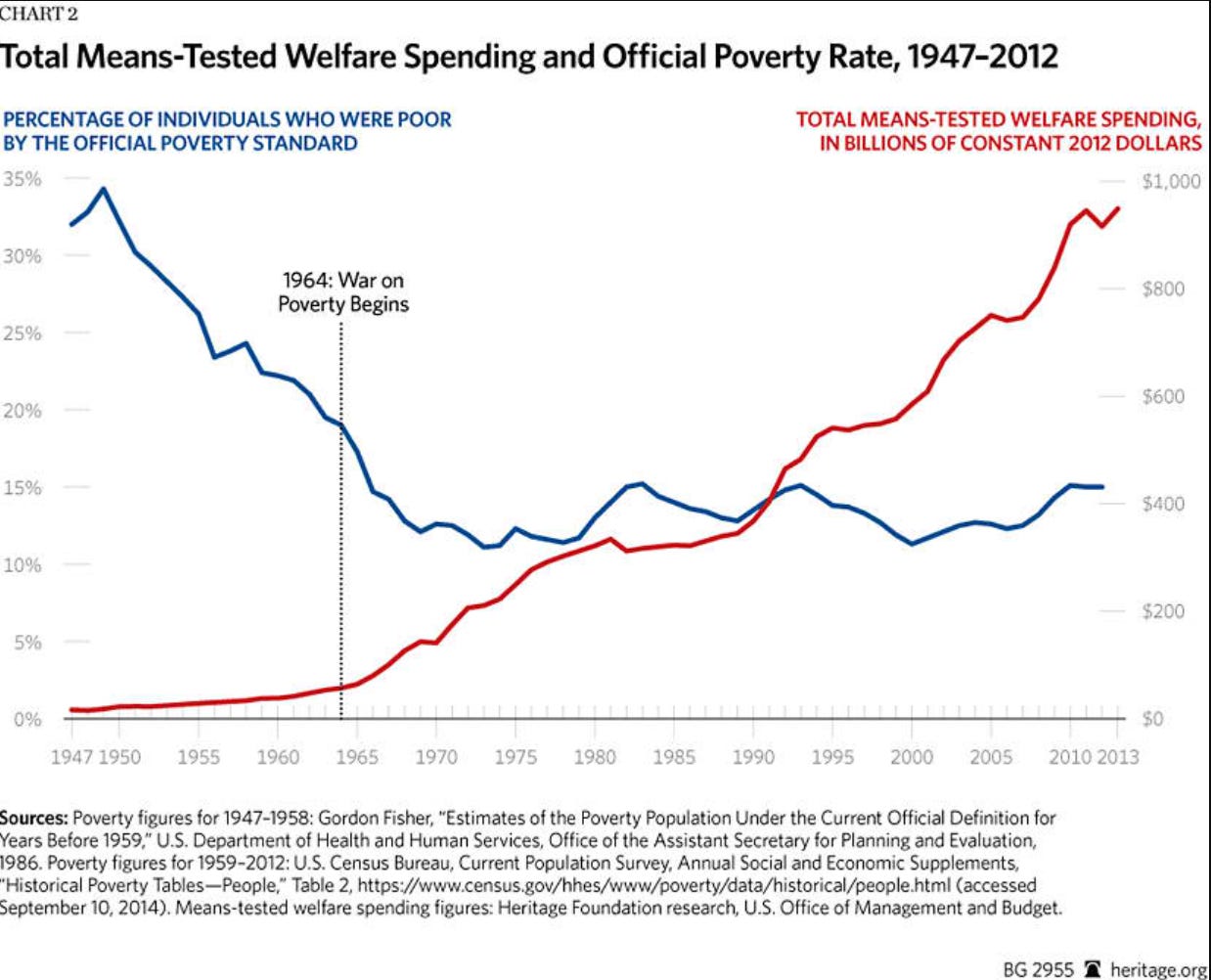Renters and Owners Live in Separate Economies
It turns out renters and homeowners are living in two entirely different economies, at least according to a new study by the Federal Reserve. Who, ironically enough, made it happen.
In short, renters are in dire straits financially, while homeowners are “continuing to reap the rewards” of cheap pandemic money that left renters with nothing but inflation.
This is “complicating” the Fed’s crystal ball as homeowners continue to splurge on everything from travel to eating out, “propping up prices with their discretionary spending power.”
Of course, the Fed’s money printers are what are propping up prices. But the robust homeowner spending means they’re not seeing the distress.

The Rich Get Richer, the Poor Get Inflation
I’ve mentioned in a recent article how the Fed money printer works by injecting new money into asset markets. Which leaves the rich richer and the poor coping with inflation.
That process goes on turbo when they crank up the money printers, which they did during the pandemic to the tune of $7 trillion fresh dollars — one in three.
Activist Post is Google-Free — We Need Your Support
Contribute Just $1 Per Month at Patreon or SubscribeStar
Hence the media’s favorite economic theme these days: Why Americans can’t see the glory of Bidenomics. After all, if you’re a journalist at the New York Times, or an economics professor at Harvard, everybody at your dinner parties owns a home. They own stocks. They’re doing great, regaling one another about their investing acumen.
Alas, the 90% aren’t at those dinner parties to regale. They can only speak in ballot boxes.

Heaven at the Top, Hell at the Bottom
In raw numbers, the Fed report finds that nearly 1 in 5 renters fell behind on their rent in the past year, while rents have soared 20% since the pandemic — coming to nearly $400 for the average renter.
Renters are more likely to not be able to pay the electric, water, or gas bill in the past month, and they report much higher rates of financial anxiety.
This all might rankle when CNN lectures them about how amazing the economy is.

It’s a whole other world for homeowners, who overwhelmingly refinanced during the pandemic at average rates around 3%, taking hundreds of thousands out of their Fed-pumped homes.
They plowed a good chunk of that money into stocks, which also soared thanks to the Fed’s near-zero interest rates — the so-called “everything bubble.” Courtesy of the Fed.
That means homeowners actually saved money compared to pre-pandemic. They had a larger mortgage, sure, but at 3% the Fed actually lowered their monthly nut.
When the smoke cleared, the money-printing orgy was a bonanza for the wealthy. And it was a cruel joke on everybody else, above all on the young stuck watching that ship sail further and further away, giving up on starting a family, instead returning to Mom’s basement to complain about capitalism.

Conclusion
The rule of thumb in Washington is that the rhetoric is for the middle and working class — voters — yet the policies are for the wealthy. Because the wealthy donate.
This means that government policies are bedazzled in sweet nothings about the less fortunate or, these days, the under-represented. But when the music stops somehow the poor don’t get a thing, it is the wealthy who got the goodies.
The solution’s easy: Get the government out of the economy. End the Fed, drain the swamp.
Of course, they’ll fight that with everything they’ve got.
Republished from the author’s Substack
Sourced from Brownstone Institute
Peter is an economist, a Fellow at the Mises Institute, and a former MBA professor.
Become a Patron!
Or support us at SubscribeStar
Donate cryptocurrency HERE
Subscribe to Activist Post for truth, peace, and freedom news. Follow us on SoMee, Telegram, HIVE, Minds, MeWe, Twitter – X, Gab, and What Really Happened.
Provide, Protect and Profit from what’s coming! Get a free issue of Counter Markets today.




